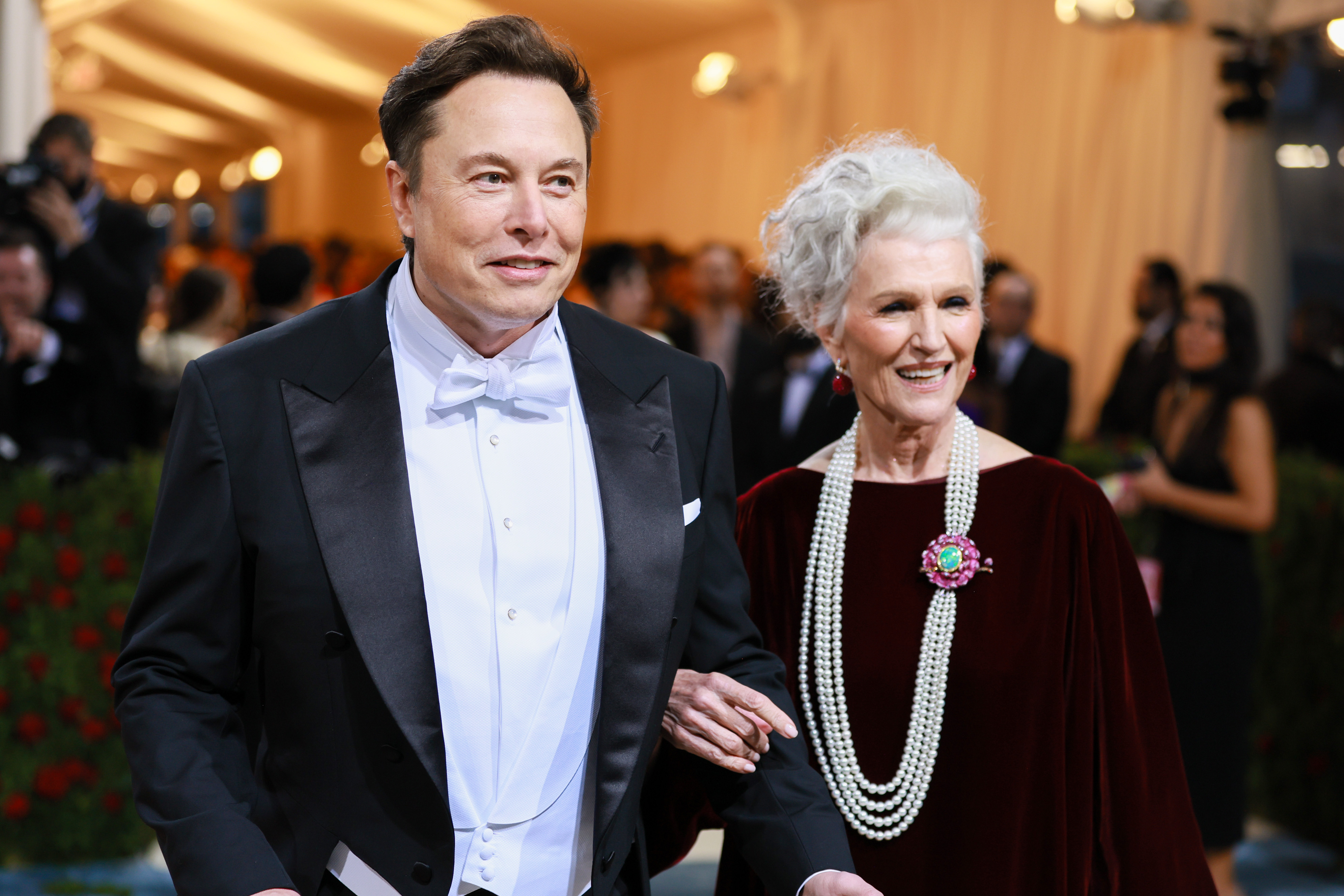Clad in white tie, his model mother by his side, Elon Musk stood on the Met Gala’s red carpet and dismissed any concern about whether his possible acquisition of Twitter may spark an employee exodus.
“It’s a free country,” he told Reuters. “Certainly if anyone doesn’t feel comfortable with that, they will on their own accord, go somewhere else. That’s fine.”
Of course he’s unworried. High turnover has been a feature at two of his other companies, Tesla and SpaceX.
We know this thanks to work recently published in MIT Sloan Management Review. Researchers Donald Sull, Charlie Sull, and Ben Zweig dug into 34 million online employee profiles and Glassdoor reviews at over 500 companies and found that toxic corporate culture was the top predictor of attrition.
But in doing their analysis, the authors came across something else: The more positively employees talked about innovation at the company, the more likely they were to quit. The attrition rates of the three most-innovative companies were three standard deviations higher than those in their respective industries. Two of those three companies were Tesla and SpaceX. (The third was the tech company Nvidia.)
Digging still further into the data, the researchers found that despite being in very different industries, the cultures of carmaker Tesla and space company SpaceX have many things in common—and could shed light on how Twitter may be run.
“It’s actually not that different of a picture,” says Charlie Sull, a co-author of the MIT study and cofounder of CultureX, an HR technology firm that uses artificial intelligence to analyze organizational cultures. “Elon Musk companies are quite remarkable in, in a lot of ways. So you often see off-the-charts results with them that you don’t see for other organizations.”
On the plus side, employees found Musk truly inspirational and the innovative culture he builds exciting. Workers really like the perks, too (drinks at Tesla, food at SpaceX).
But the negatives were also pretty, well, negative. Topics like “flexible schedule,” and “work life” were in the red. The worst: Working at both companies is really stressful to the point of burnout (SpaceX was particularly off the charts).
Interestingly, the researchers found little evidence that either Tesla or SpaceX are any more toxic than their peers. (The study found the leading elements contributing to toxic cultures include a breakdown of diversity and inclusion; workers feeling disrespected; and unethical behavior.) That’s despite Tesla having been buffeted by numerous lawsuits containing shocking allegations of race discrimination and sexual harassment. The company has hit back on many of these charges.
How can companies be innovative while also maintaining some sanity in their work cultures—and stemming the flow of employees out the door? Experts offered this advice:
Make schedules predictable
“One thing we found is especially powerful is schedules,” says Sull. “If you make schedules predictable—if you tell employees exactly when they’ll be working, you don’t call them at unexpected times—you can create quite a powerful way to alleviate attrition.”
Get remote work right
“One of the most powerful drivers (of retention) were remote work arrangements,” Sull says. “So if you can move the needle on that, it’s going to have 1.5 times as powerful an impact as compensation.”
Lead by example
“Sincere leaders who walk the talk of greater balance must hope and trust that their employees will respond in turn with greater loyalty and support,” improving overall company performance, says Chesbrough. “Over time, it is possible that happier employees spread the word to their friends, and the company attracts other highly talented people into their organization.”
When so many companies seem to hew to an old-fashioned notion that the only route to success demands pushing employees to burnout, or worse, a work culture that values employee happiness and well-being is innovative in itself.
